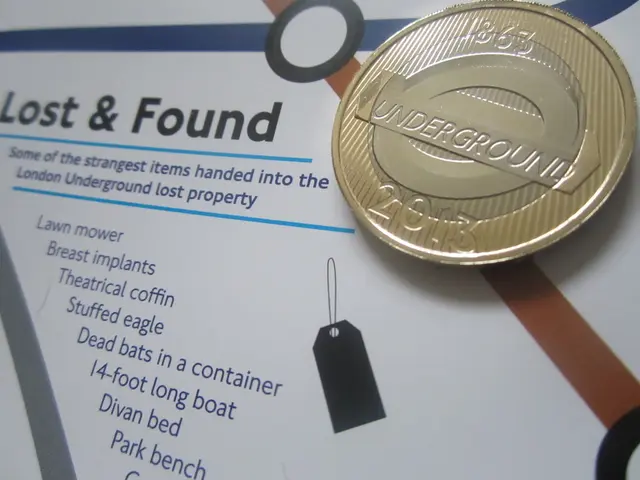Guide to Achieving Sommelier Status
A career as a sommelier, a wine expert in the hospitality industry, can be both challenging and rewarding. For those who are passionate about wine and food, the path to becoming a Master Sommelier offers a structured progression through four levels of certification by the Court of Master Sommeliers (CMS).
The CMS Certification Ladder
The journey begins with the Introductory Sommelier Course and Exam. This two-day course, which can be taken in person or online, focuses on basic wine knowledge, tasting, and service. Completing this exam is the first step to entering the CMS certification ladder.
The next level is the Certified Sommelier Exam, which must be taken within three years of passing the introductory exam. This exam tests written knowledge, blind tasting, and practical service skills, and certifies you as a sommelier. It requires at least some hospitality industry experience.
After becoming a certified sommelier, the path continues with the Advanced Sommelier Course and Exam. This intensive program is designed for those with extensive wine service experience and requires at least two years of recent hospitality and beverage industry work and Certified Sommelier status for eligibility. The exam is demanding, covering advanced knowledge, tasting precision, and service expertise.
The pinnacle of the CMS certification is the Master Sommelier Exam. Open only to candidates who have passed the advanced exam and have significant professional experience, this exam tests written theory, blind tasting, and live service under rigorous conditions. Only around 291 people worldwide hold this title, emphasizing its difficulty and exclusivity.
Essential Elements for Success
Gaining practical work experience in hospitality and beverage service, particularly sommelier roles, is essential at every stage for development and exam eligibility. Apprenticing with or working under a current Master Sommelier is strongly recommended to improve understanding and exam preparation.
Candidates are expected to have a solid intermediate to advanced knowledge of wine before attempting the higher levels; equivalently, at least WSET Level 2 or similar knowledge is common pre-requisite. The CMS exams emphasize a balanced skill set: written knowledge, blind tasting, and service demonstrations—each critical to advancement.
The Role of a Sommelier
The job of a sommelier is physically demanding, busy throughout service each night, and requires a night person. Sommeliers should be willing to travel to visit vineyards and wineries around the world. They are responsible for compiling the wine list for the restaurant, dealing with suppliers, and maintaining the restaurant's wine cellar.
In addition to their wine expertise, sommeliers must know how to serve wine, including the appropriate glasses and ideal temperature. They must also treat guests with respect and hospitality. After gaining enough experience, a sommelier may work independently, choosing wines for the restaurant and developing relationships with suppliers.
The Rewards and Challenges
The job outlook for sommeliers is positive, with a growing interest in wine and the restaurant industry. Salaries for sommeliers vary greatly depending on their level of experience and where they work, with beginning salaries around $28,000 and experienced sommeliers commanding $160,000 or more.
Dedicated sommeliers express great job satisfaction. Enrolling in wine education courses isn't mandatory for certification exams, but it may be beneficial. Many employers pay the fees for their sommeliers.
In conclusion, becoming a Master Sommelier requires structured progression through four CMS certification levels, combined with extensive practical tasting and service experience, rigorous study, and outstanding proficiency tested through demanding examinations. For those with a passion for wine and a willingness to learn, the journey to becoming a Master Sommelier is a rewarding one.
- Developing a career in the food-and-drink industry as a sommelier can provide both challenges and rewards for those who are passionate about wine and food.
- Television shows about food-and-drink businesses and lifestyles may inspire individuals to pursue careers in the wine industry, such as becoming a sommelier.
- Some culinary schools offer courses on wine and sommelier training, which can help individuals gain the necessary knowledge for a career in the wine industry.
- A successful sommelier may find opportunities to invest their money in wine-related business ventures or even start their own wine-related businesses, such as vineyards or wine bars.




